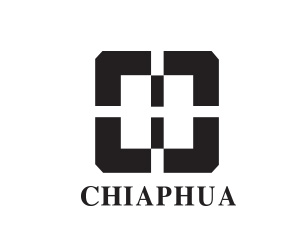Want to be in the loop?
subscribe to
our notification
Business News
EVFTA MAKES NEW OPPORTUNITY, FRESH COMPETITIVENESS IN EUROPE
The signing of the EU - Vietnam Free Trade Agreement (EVFTA) is a huge boost for Vietnam's exports as it helps diversify markets and export items, especially those that Vietnam apparently has many competitive edges. For businesses that have never approached this market, EVFTA is an opportunity for them to reach the EU market, a vast market with highly reliable partners.
Vietnam and the EU have officially signed the EVFTA, wrapping a negotiation process starting from December 2015. Vietnam is a major EU trading partner in ASEAN. The EU’s key imports from Vietnam include ICT devices, footwear, apparels, furniture and agricultural products. Meanwhile, its main exports to Vietnam are machinery, transport equipment, chemicals, foods and beverages. EVFTA is expected to generate robust boosts to export growth, market and product diversity for Vietnam.
At the recent workshop on “European Market after EVFTA: Business Opportunities & Investment Trends for the Future” held by the Vietnam Chamber of Commerce and Industry (VCCI) in Hanoi, Mr. Hoang Quang Phong, Vice President of VCCI, affirmed that import and export structures of Vietnam and the EU are complementary, less directly competitive. EVFTA is a comprehensive agreement covering all trade, tax and technical barriers, ensuring interests of all parties, and opening up many opportunities for Vietnamese businesses. The pact is believed to open a new horizon of broad, comprehensive and strong cooperation for Vietnam and the EU, meet the needs of the people and businesses of both sides and create many incentives for exports of the two sides.
According to Ms. Hoang Ngoc Oanh, Representative of the Industry and Trade Information Center under the Ministry of Industry and Trade, EVFTA creates business opportunities, including opportunities for the economy, opportunities for economic sectors, and opportunities with Vietnamese businesses. Following the enforcement of EVFTA, Vietnam's exports to the EU will increase by 20% in 2020, 42.7% in 2025 and 44.37% in 2030. Accordingly, its GDP will also increase from 2.18-3.25% in 2019-2023 to 7.07-7.72% in 2029-2033. Export-driven manufacturing will grow strongly in the coming time, including foodstuffs (especially seafood), rice, vegetables, fruits, nuts, electronics, machinery and equipment, aviation, expertise, telecommunications and shipping services.
She said, given EVFTA commitments such as eliminating tariffs, reducing nontariff barriers, improving business environment, facilitating trade, strengthening mutual recognition of standards and promoting investment, some sectors such as garment and textile, food processing, and automobile will have the opportunity to join global value chains.
Besides, as a new generation agreement, EVFTA includes provisions on intellectual property protection, investment freedom and sustainable development. In parallel with EVFTA, commitments to fairness, equality, security and protection of each other's investments and investors in the EU - Vietnam Investment Protection Agreement (EVIPA) will also help create a transparent legal and investment environment, there uplifting Vietnam - EU investment relations significantly.
As for opportunities for businesses to invest in the European market in general and Cyprus in particular, Ms. Hoang Ngoc Oanh stressed that there will be many opportunities for Vietnamese businesses. Located in a strategic position - the intersection of the three continents of Asia, Europe and Africa, Cyprus is the investment gateway to the European Union and the Middle East. This is one of the most developed countries in the Mediterranean region and runs a free market economy.
She added that Cyprus is an attractive investment destination as it has highly qualified human resources, a reliable legal framework, a stable tax system, high security and current steadiness. The Cyprus Investment Program (CIP) has proven to be very popular among businesspeople and the wealthy worldwide.
However, Vietnam will also face significant challenges. The EU market is a relatively high standard market which imposes very strict requirements for merchandise quality, environmental standards, origin and intellectual property. Technical measures and barriers are always challenging for Vietnamese exporters.
VCCI Vice President Hoang Quang Phong said, it is important for businesses to have a more inclusive vision, have more active access to information about new markets. At the same time, it is necessary for them to position themselves on the market in the context of integration, restructure management and upgrade technology to meet requirements on rules of origin and technical barriers and establish a risk hedging system.
Source: VCCI
Related News
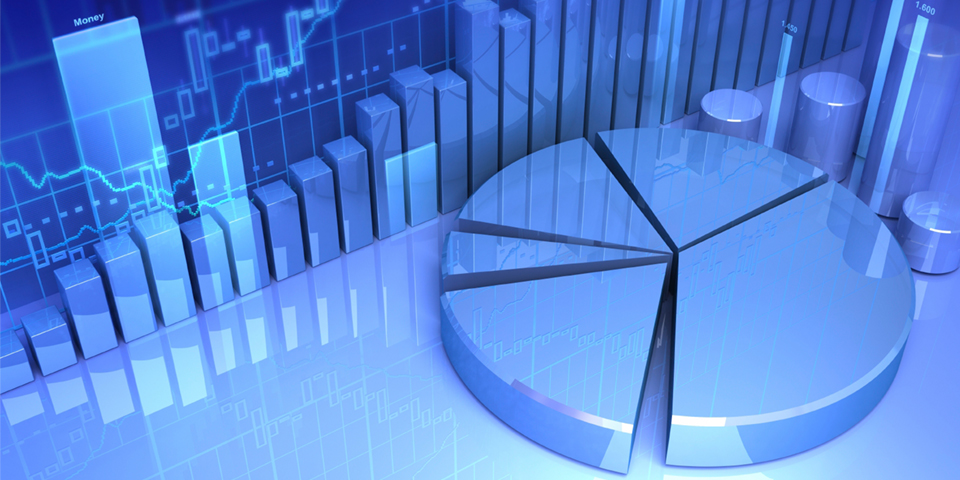
Q1 2024: 51.3 MILLION WORKERS EMPLOYED
51.3 million people in Vietnam aged 15 and above were employed during the first quarter of 2024, an increase of 174,100 compared to 2023, or 0.34 percent. The unemployment rate among the country’s working-age population has fallen by 2.24% compared to the same period last year.
FOUR COMMODITIES POST Q1 EXPORT VALUE OF OVER 5 BILLION USD
The total export turnover of agricultural, forestry, and fisheries products in the first three months of 2024 is estimated to reach 13.53 billion USD, an increase of 21.8% compared to the same period of 2023.
MOIT PROPOSES SCHEME TO BOOST RENEWABLE ENERGY PROCUREMENT
The proposed Direct Power Purchase Agreement (DDPA) mechanism, outlined in the draft decree, targets organisations and individuals consuming electricity from the 22kV power grid or higher, with a monthly consumption averaging 500,000kWh. However, residential households are excluded from direct procurement.

REAL ESTATE BONDS PLACE PRESSURE ON ISSUING FIRMS
The ministry’s recent report underscores concerns within Vietnam’s corporate bond market for 2023 and 2024. It emphasizes the critical need to address hindrances to the real estate sector in line with the objectives provided in Government Resolution No. 33/NQ-CP, which aims to stabilize the industry.

DA NANG CUSTOMS FOCUSES ON DEVELOPING CUSTOMS-BUSINESS PARTNERSHIPS
Da Nang Customs Department issued an action plan for developing customs-business partnership in 2024. One of the new events this year is the workshop on “Settlement reports for enterprises engaged in outsourcing, export production and export processing” held in Da Nang Customs Department on April 16, 2024.

OVERCOMING HURDLES IN SUSTAINABLE INDUSTRIAL AND ECONOMIC ZONE DEVELOPMENT
“The path toward sustainable development for industrial zones (IZs) and economic zones (EZs) continues to encounter significant challenges. A notable concern is the instability and lack of consistency in the institutions and policies governing these zones. This inconsistency has resulted in a void of transformative impetus for socio-economic advancement,” said Dr. Nguyen Quang Tuyen from Hanoi Law University.




